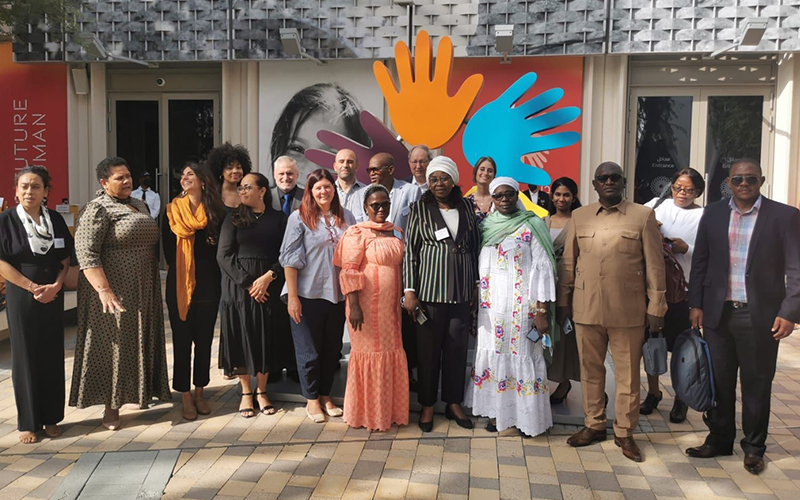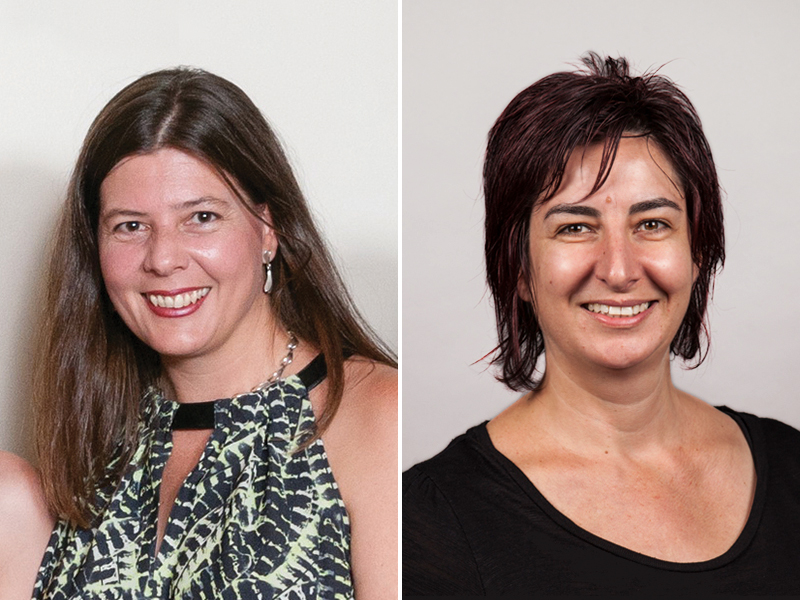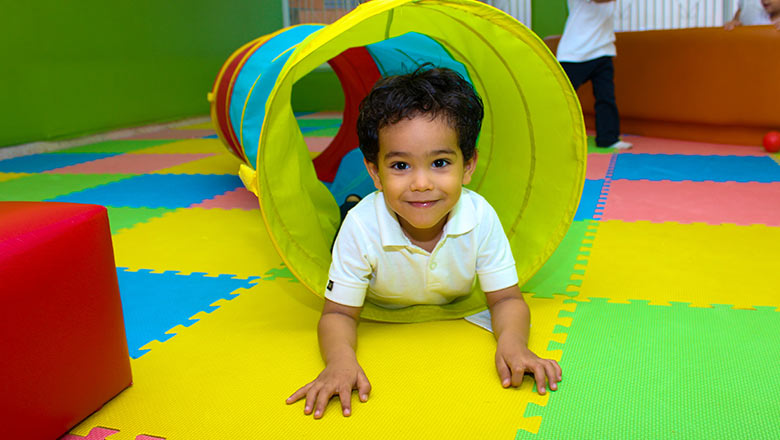Search
Research
The role of preschool quality in promoting child development: evidence from rural IndonesiaThis article examines the relationship between preschool quality and children’s early development in a sample of over 7900 children enrolled in 578 preschools in rural Indonesia.
Research
Effects of maltreatment and parental schizophrenia spectrum disorders on early childhood social-emotional functioning: a population record linkage studyChildhood maltreatment and history of parental SSD are associated independently with poor early childhood social-emotional functioning
Research
Birth outcomes and academic achievement in childhood: A population record linkage studyThis study used population-based record linkage to examine the association between early life risk factors and academic achievement.
Research
The early Human Capability Index (eHCI)The Early Human Capability Index is a holistic measure intended to capture early child development across diverse cultures and contexts.


News & Events
Holistic Early Childhood Development Index goes globalChildren around the world could have better access to education thanks to an early childhood development index created for UNESCO by The Kids researcher, Prof Sally Brinkman.

News & Events
NHMRC grants to benefit vulnerable and disadvantaged children and young peopleTwo leading The Kids Research Institute Australia researchers will use more than $1.1 million in National Health and Medical Research Council funding to improve outcomes for some of the world’s most vulnerable children and young people.

News & Events
Playgroup Week celebrates importance of early childhood interventionNational Playgroup Week, the annual event run by Playgroup Australia, will take place across the country from 20 March to 27 March.
Research
Gender differences in time allocation contribute to differences in developmental outcomes in children and adolescentsUsing over 50 thousand time-use diaries from two cohorts of children, we document significant gender differences in time allocation in the first 16 years in life. Relative to males, females spend more time on personal care, chores and educational activities and less time on physical and media related activities. These gender gaps in time allocation appear at very young ages and widen overtime.
Research
The Nutritional Quality of Kids’ Menus from Cafés and Restaurants: An Australian Cross‐Sectional StudyAustralian families increasingly rely on eating foods from outside the home, which in-creases intake of energy‐dense nutrient‐poor foods. ‘Kids’ Menus’ are designed to appeal to families and typically lack healthy options. However, the nutritional quality of Kids’ Menus from cafes and full‐service restaurants (as opposed to fast‐food outlets) has not been investigated in Australia. The aim of this study was to evaluate the nutritional quality of Kids’ Menus in restaurants and cafés in metropolitan Perth, Western Australia.
